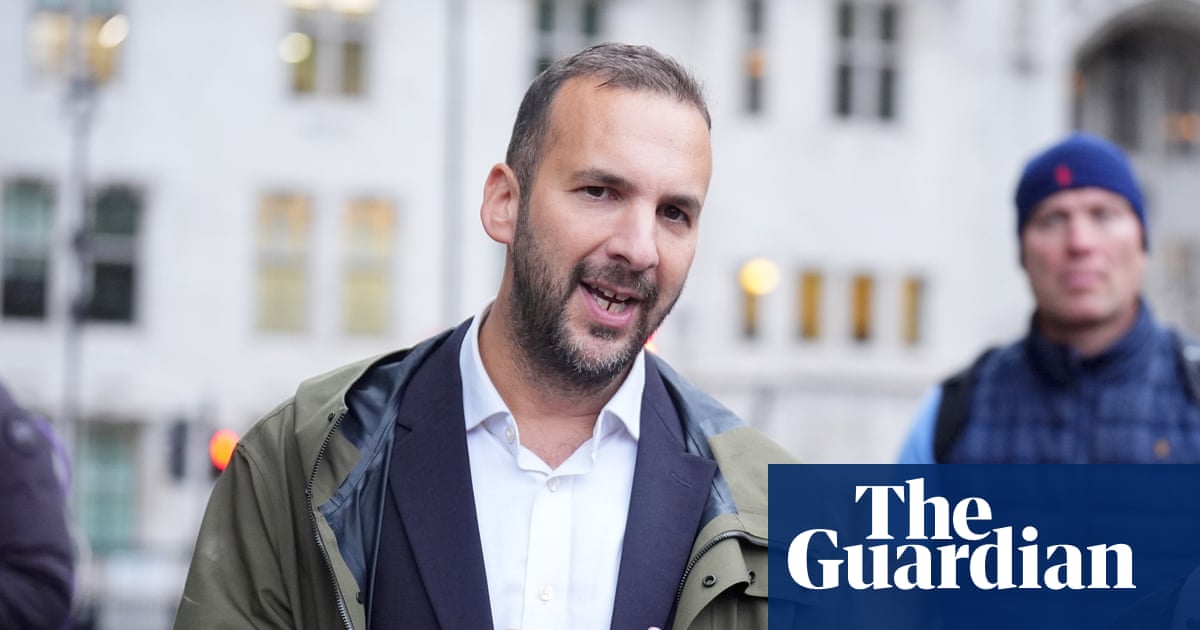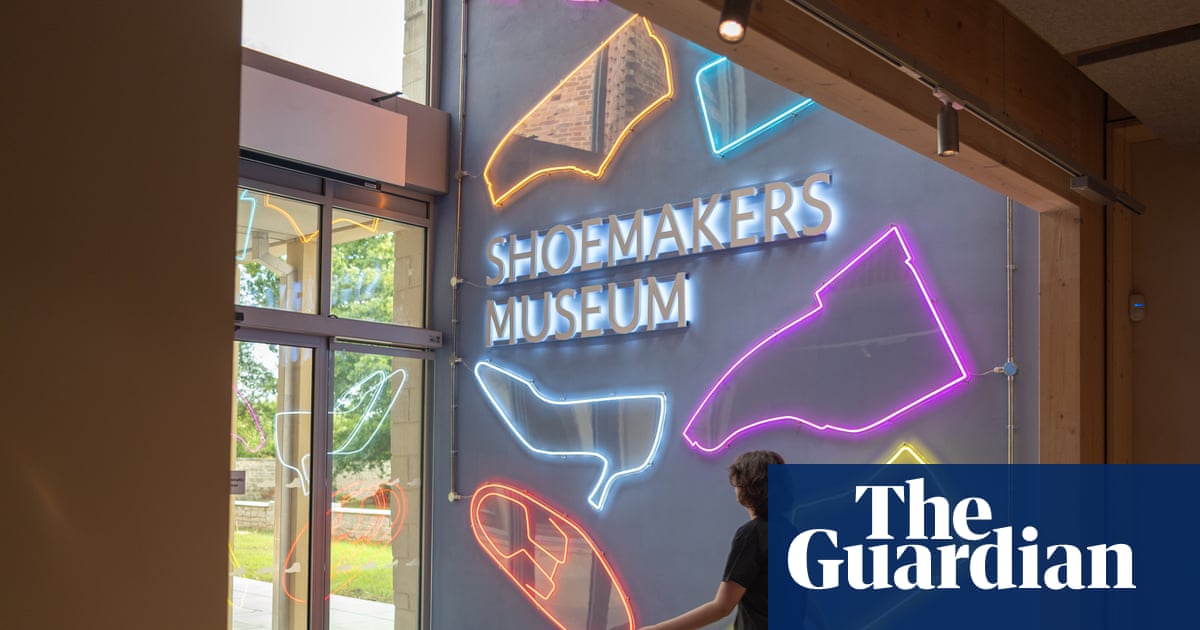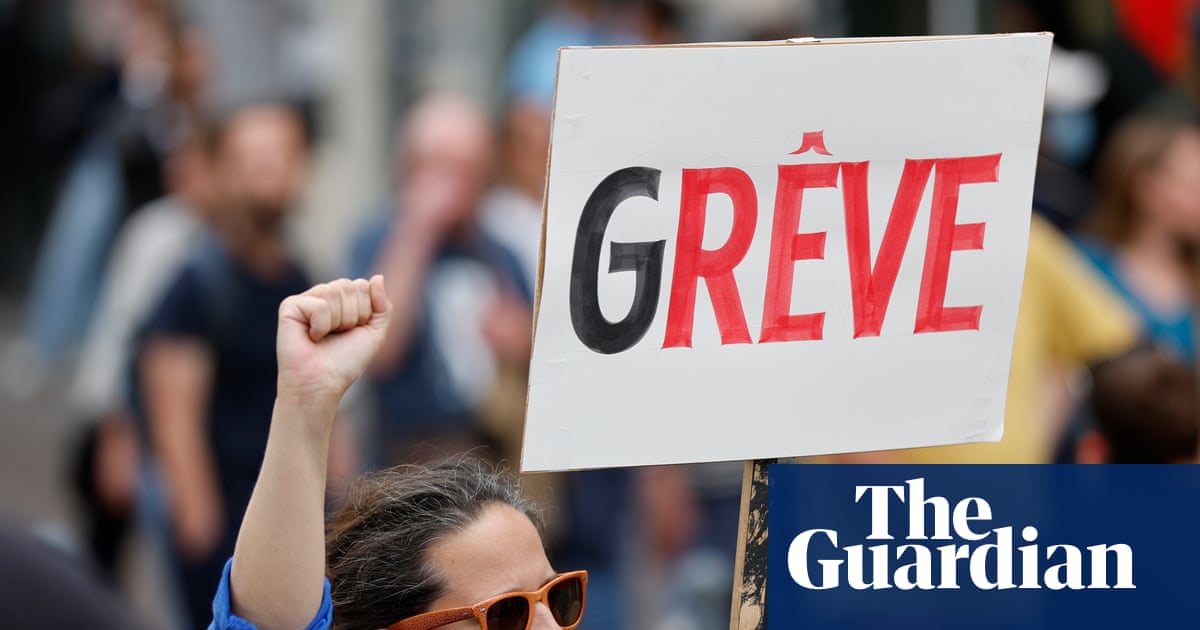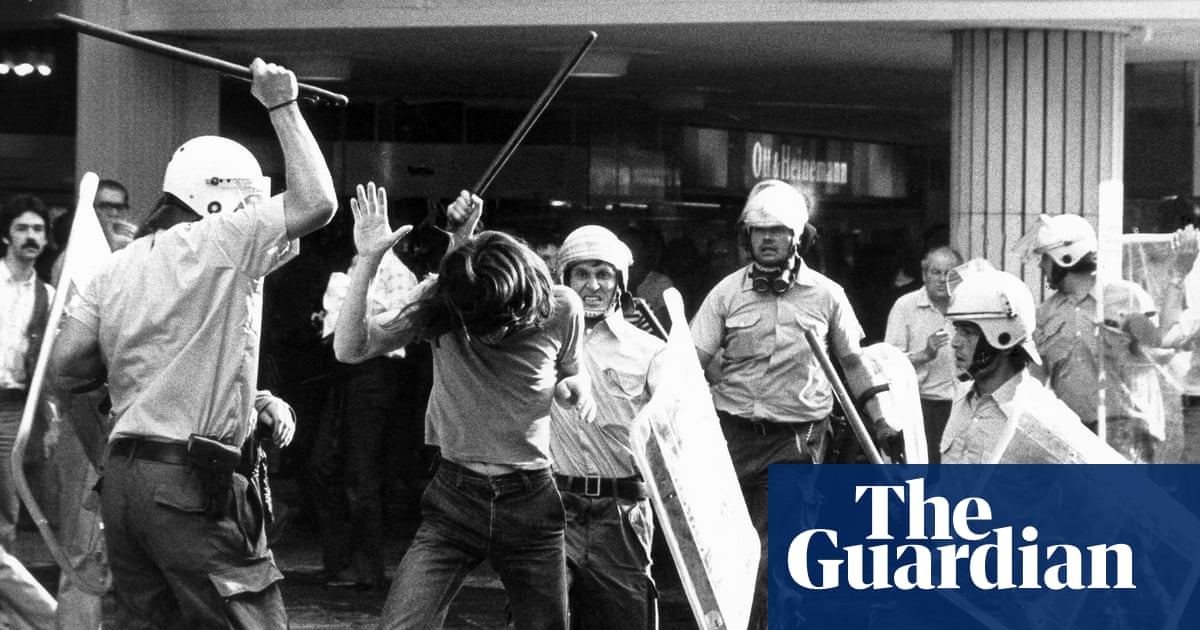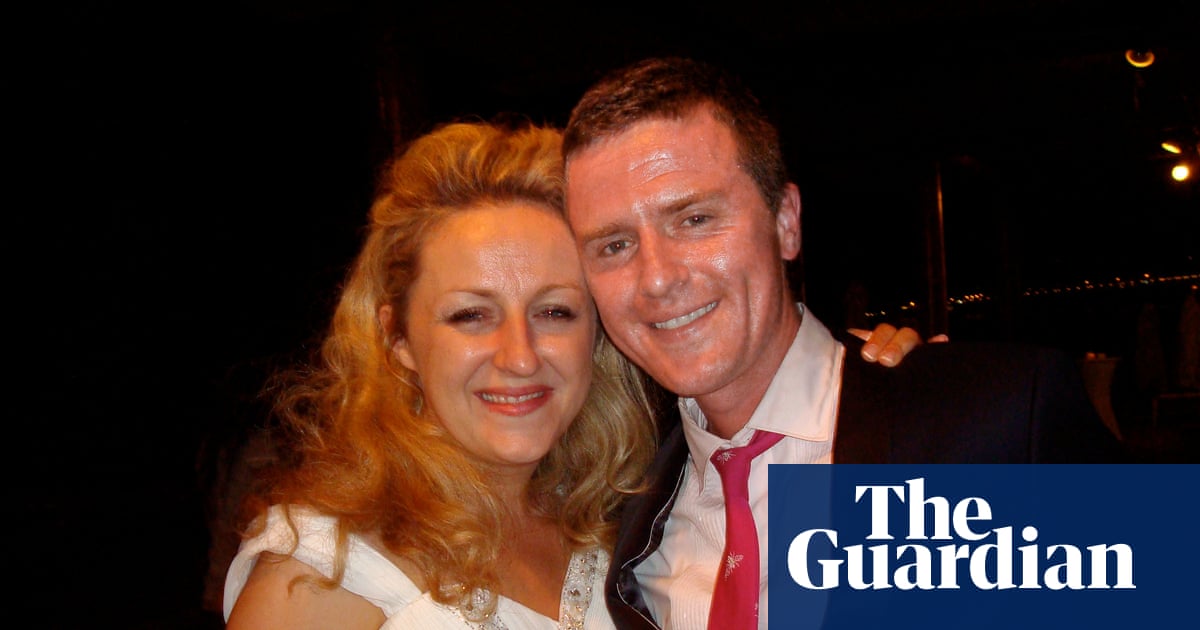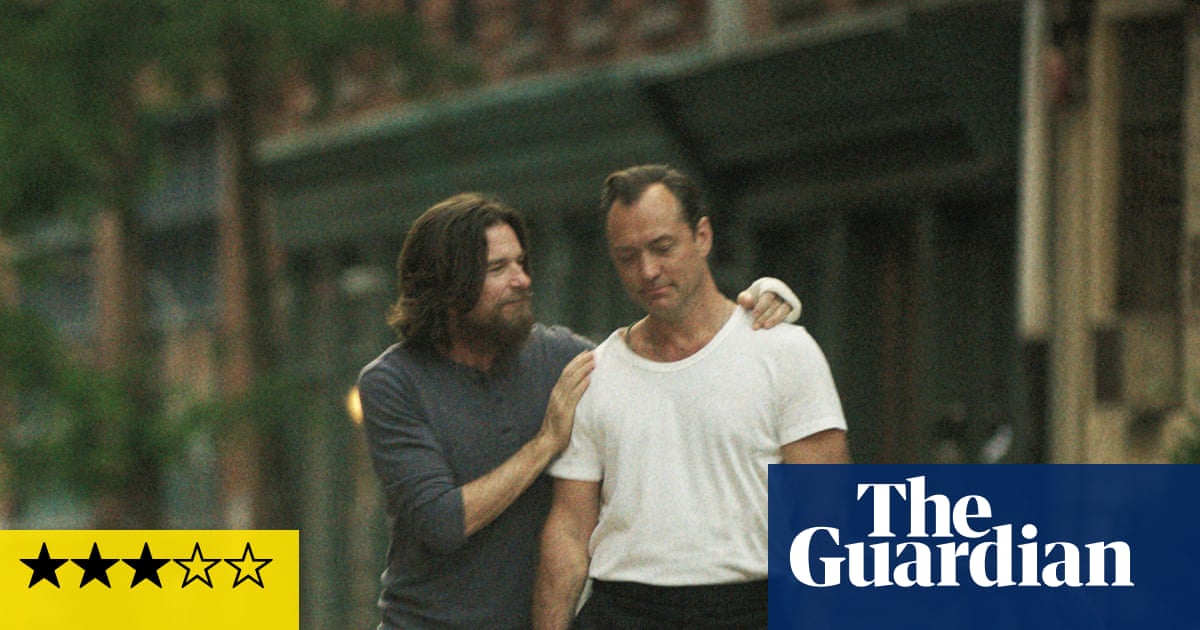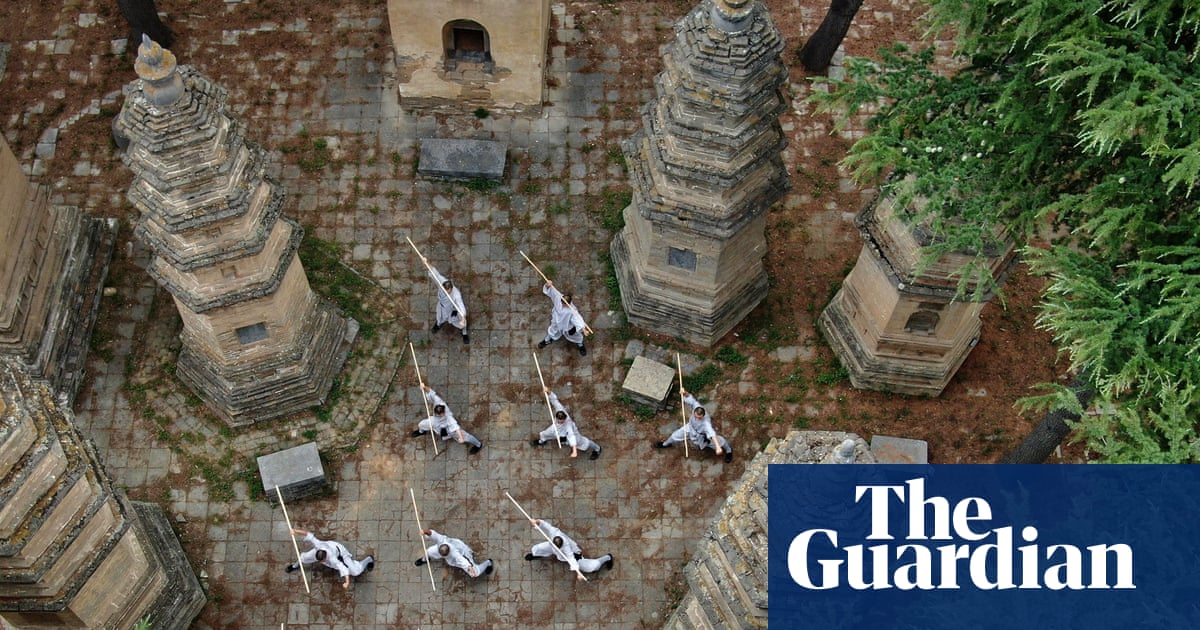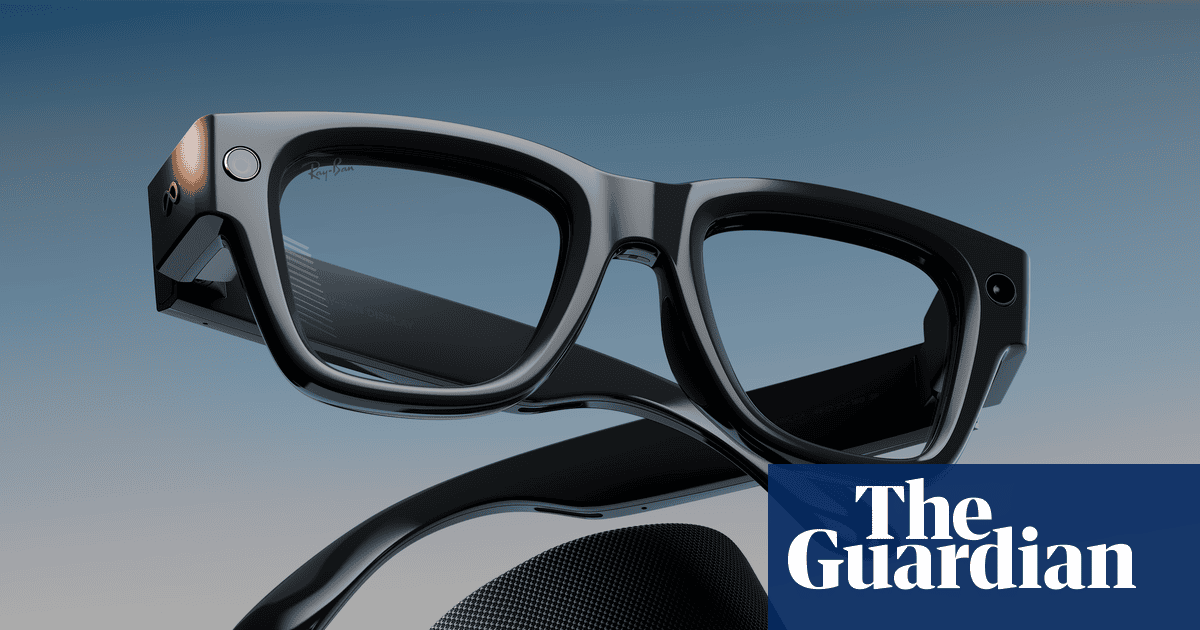For a storied best picture Oscar winner and dorm-wall poster staple of the 1990s and beyond, it’s a little surprising how modest Braveheart’s success was when it opened in theaters 30 years ago. Though it powered through a mild opening to become a solid summer hit, on the 1995 charts it sits below Father of the Bride Part II and Congo (though congratulations are in order; it did edge out both Grumpier Old Men and Mortal Kombat). Even among other Mel Gibson vehicles from the 90s, you might be surprised to learn that Maverick, Conspiracy Theory and Payback all posted stronger numbers.
But Braveheart stuck around, both in theaters and in the public consciousness. It wasn’t necessarily tipped as an awards contender at the time of release – Gibson had only directed one other movie, a small-scale drama called The Man Without a Face – but wound up nominated for 10 Oscars and winning half of them, including a best director prize for Gibson. He wasn’t nominated for his performance, but it became a career signature, his rousing speech and blue facepaint instantly absorbed into his iconography. He plays William Wallace, a Scottish warrior who leads a rebellion against King Edward I in the 13th century, when Scotland’s dead king left no heir and England swooped in to conquer. The details of the story, which positions Robert the Bruce (Angus McFadyen) as a politicking compromiser, are inspired more from an epic poem than the historical record, which presumably aided its easy-to-follow epic pull.
The movie itself is sort of a print-the-legend affair, too, rather than a parade of perfect scenes. Its three hours are full of hacky touches: plummy introductory narration getting the audience up to speed on the historical context; dialogue that underlines motivations at every turn; the occasional embarrassing tribute to its star’s virility; Gibson’s trademark zany broadness peeking through at odd times. Worst of that material is the running subplot about the king’s gay son, where Gibson sees fit to stage the scene where the king throws his son’s lover out a window to his death like a grim slapstick punchline – because to Gibson, that’s precisely what it is. (King Edward may be a cruel tyrant, Gibson seems to be saying, but he sure isn’t weak like his mincing son!) At times the movie resembles nothing more than an R-rated version of Robin Hood: Prince of Thieves – and some accounts of its historical accuracy or lack thereof would bear out that comparison.
What most people are thinking of when they think about Braveheart is a lengthy sequence in the middle of the film, where Gibson’s Wallace, face striped in that memorable blue, gives his stirring speech about living a long life of regretting a lack of freedom, then leads the Scotsmen into a long and impressively gory battle, ending in triumph. Half an hour later, there’s another, less victorious for the Scots, also memorably gory. And of course, the capture, torture and defiant death of William Wallace at the end of the film is a notable culmination (though by no means end) of Gibson’s fixation on chronicling extensive bodily punishment, a grimmer Catholic-guilt precursor to what Tom Cruise puts himself in the name of stunts.
This may have been the precise point where Gibson became better known for taking that punishment than as a romantic lead; presumably less remembered or cherished among Braveheart’s fans is Wallace’s unconvincing dalliance with Princess Isabella of France, played by the decade-younger Sophie Marceau. The ease of reducing Braveheart to its highlights-reel essentials makes it a throwback to the have-you-actually-watched-this-lately epics of decades earlier – not the durably brilliant likes of Lawrence of Arabia or Spartacus, but rather more akin to the biblical epics that don’t get quite as much play as The Ten Commandments.
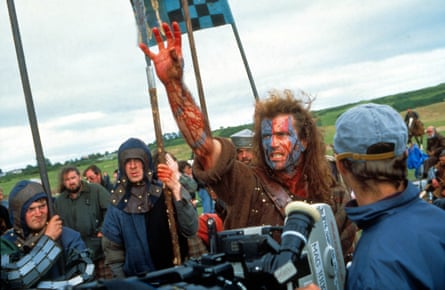
Of course, that’s where Gibson would go next as a director, and as surprisingly modest a grosser as Braveheart was in its day, The Passion of the Christ was shockingly huge nine years later. Yet despite that massive hit and his Braveheart Oscar in tow, Gibson’s directorial career never really reached its full potential. Some of that was his own doing, as drunken, hate-filled antics came to dominate his public image right around the time he unleashed his, ah, Passion. But his peers were clearly ready to forgive (how else to explain the Oscar attention afforded to the similarly martyr-focused and gory Hacksaw Ridge?) and directing offered a clear opportunity to stay a little further from the spotlight while remaining in control of his films. His most recent project, the terribly generic (though recognizably Gibson-y) Flight Risk landed with a thud this past January.
Maybe Braveheart, successful as it was in the long term, made it harder to accept Gibson as a matinee idol with flashes of intriguing darkness, and easier to see him as a passionate madman who could really draw some blood. Or maybe it was just a hard one to top in the affections of so many bros. Regardless, the movie itself re-established a beachhead at the Oscars for mega-sized epics. After the Dances with Wolves victory at the top of the decade, the anointed best pictures got a little more eclectic for a few years: horror thriller The Silence of the Lambs, elegiac revisionist western Unforgiven, Spielberg’s masterly Schindler’s List, the picaresque comedy-drama Forrest Gump. Braveheart came along and waved the flag for subsequent winners like The English Patient, The Lord of the Rings and especially Gladiator. Thirty years on, that style of film-making feels more distant than it did back in 1995, its resources more likely to be poured into expensive fantasy. Of course, Braveheart is its own form of expensive fantasy, too, selling the power of its own brawny dumbness. For a few hours, it summons enough powerful sweep to convince the audience that Gibson, weird hang-ups and all, might be a star for the ages.

 3 months ago
117
3 months ago
117
